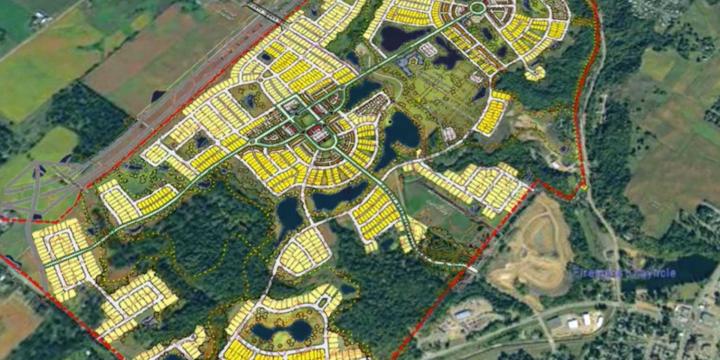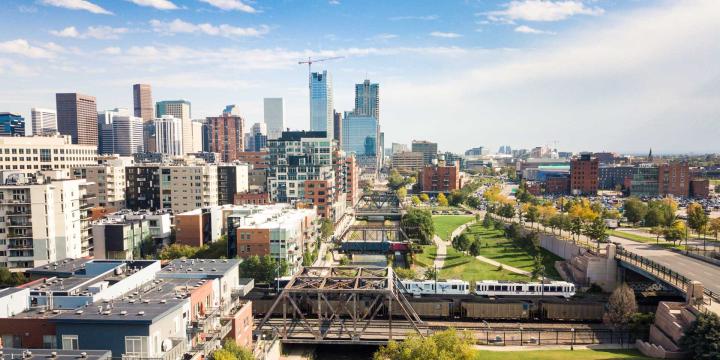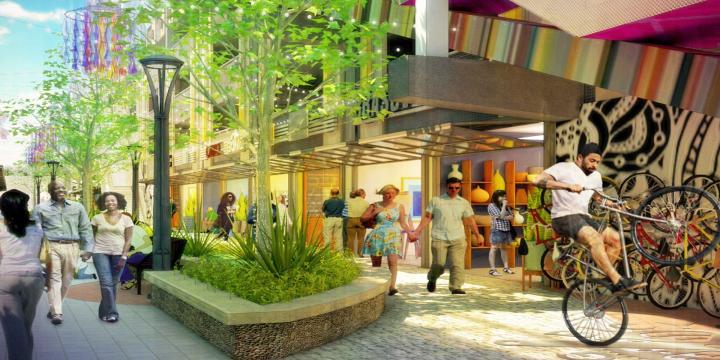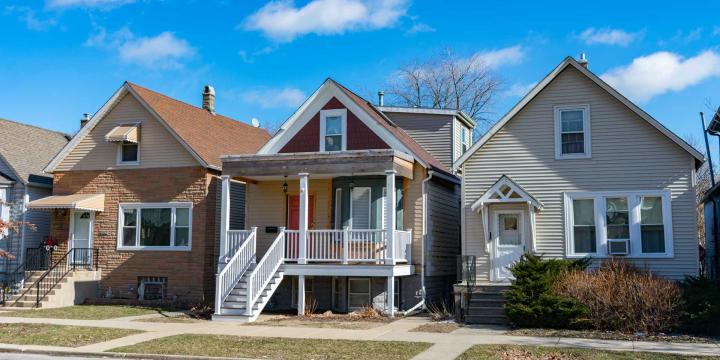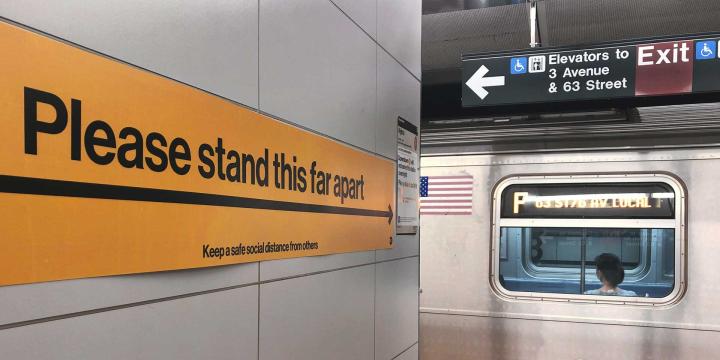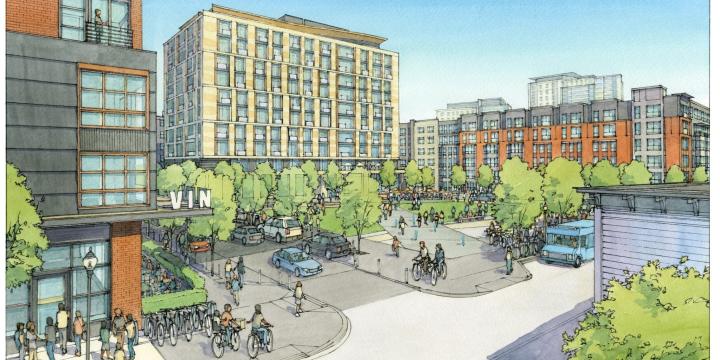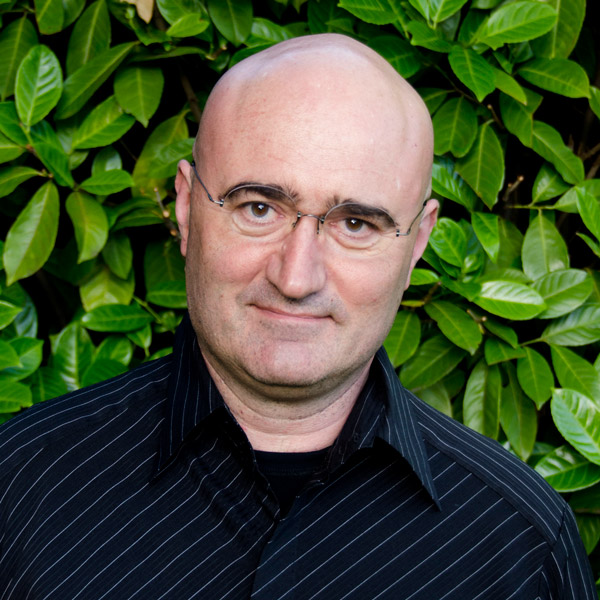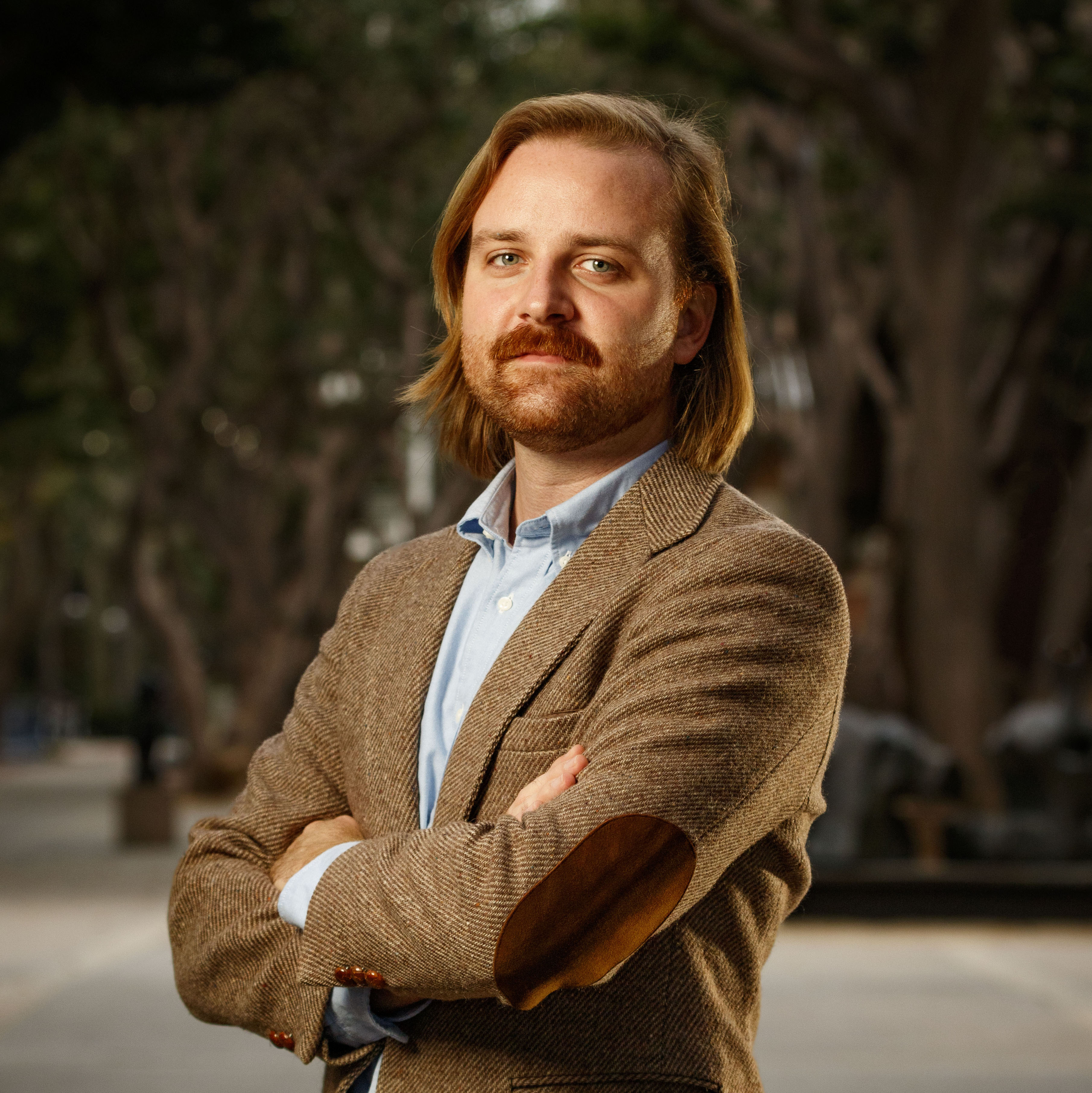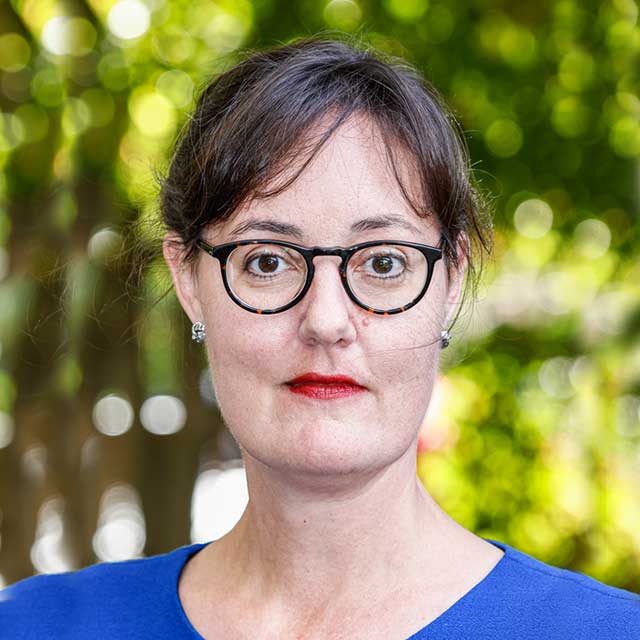All Regional Planning Courses
Resilience Planning for Heat and Drought Events
Learn how cities can prepare their infrastructure and social services for heat waves and droughts in a warming world.
Planning Communities for Maximum Transit Access
World-renowned transit planner Jarrett Walker provides an overview of how land use and transportation planners can make their communities better for transit and the people who ride it.
Placemaking for Innovation: Creating Innovation Ecosystems
The knowledge economy will dominate job growth by 2040, making local innovation a must. To attract the educated workforce needed to keep up, regions must focus on placemaking to create innovation ecosystems — vibrant, mixed-use areas where people can live, work, and interact.
Arbitrary Lines: How Zoning Broke the American City and How to Fix it
Nolan Gray presents the complex history of zoning regulation, showing how major legislative decisions led to the country's current state of car reliance, sprawl, and inequity. Now, zoning reform is in the air. But why stop at mere reform?
Public Transit During Covid-19: Challenges and Lessons
The Covid-19 pandemic decimated public transit service across the United States, causing significant decreases in ridership. Social equity subsequently suffered, with the riders who depend most on public transit feeling the most tangible impacts.
Planning Commissioner Training
The new "Planning Commissioner Training" series offers citizen planners a chance to learn the tools to make a positive impact in their communities (available as a separate subscription).
Just Suburbs: The New Frontier for Equity and Inclusion
Poverty is being displaced from central cities to suburbs. As a response, planners should look to strategies that create mixed-income neighborhoods—a place that everyone can call home.
Walkable Density: Building Livable, Equitable, and Resilient Communities
A new approach to density is an essential need, with multiple public benefits, empowering communities to more effectively manage the accelerating pace of demographic, economic, environmental, social, and technological change.
Suburban Remix: Creating the Next Generation of Urban Places
The economic, demographic, and technological forces reshaping suburbs are under-reported and misunderstood. Learn how suburbs can manage change while enhancing livability, economic opportunity, and fiscal responsibility.
How Zoning Shapes Cities, Communities, and Regions
A better understanding of the basic components of zoning, history and evolution of zoning codes, economic and political goals of plan implementation, and impacts on housing prices and production can inform improved planning outcomes.
Equitable Transit Oriented Development
Equitable transit oriented development (eTOD) prioritizes inclusive community development in multi-modal regional growth.
Introduction to Transit Oriented Development
Few terms are as common in the discussion of city and regional planning in the 21st century as transit oriented development (TOD)—the planning and designing of high-demand land uses at or near highly efficient modes of transportation.
Traffic Congestion, Part Two: Congestion Pricing
Dive into congestion pricing: what it is, why it could work, and how governments might implement it.
Lewis Mumford on the City 3: The City and Its Region
This short documentary film is the third part of a larger series hosted by Lewis Mumford, an American historian, sociologist, philosopher, and literary critic whose studies in the 20th century included attention to cities and architecture that influences the study and planning of cities into the present day. This film takes a broader view of cities, expanding to the regional level and warning about the ill effects of the sprawling forms that most U.S. cities took on during the mid-20th century, erasing pastoral landscapes and rural communities and undermining the benefits of cities.
Regional Scenario Planning: An Overview
This first of two courses offers a brief history of regional scenario planning in the late 20th century and beyond, with examples from Portland, Oregon's Vision 2040, Salt Lake City's Envision Utah, and the Chicago Metropolis Plan. Principles of regional planning relating to land use, urban design, and transportation are discussed. Finally, more advanced regional planning topics are touched on, including jobs/housing balance, and the relationship between demographics and regional housing market demand.


